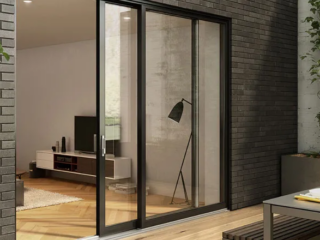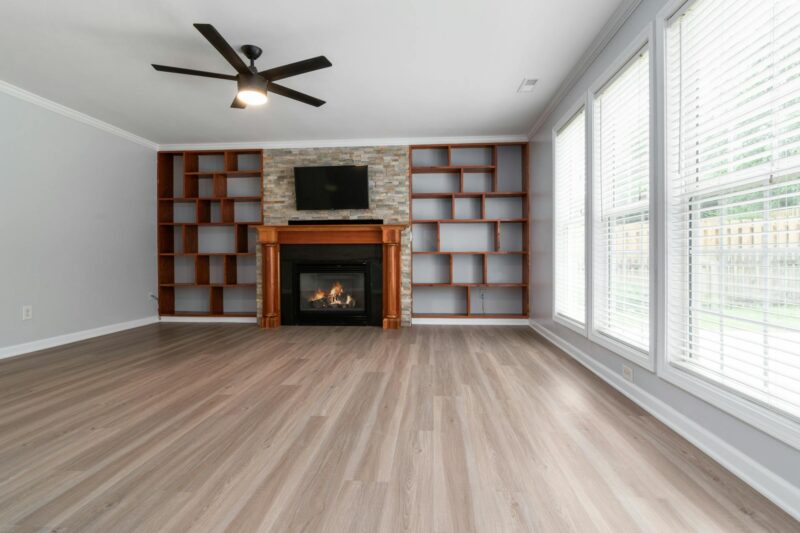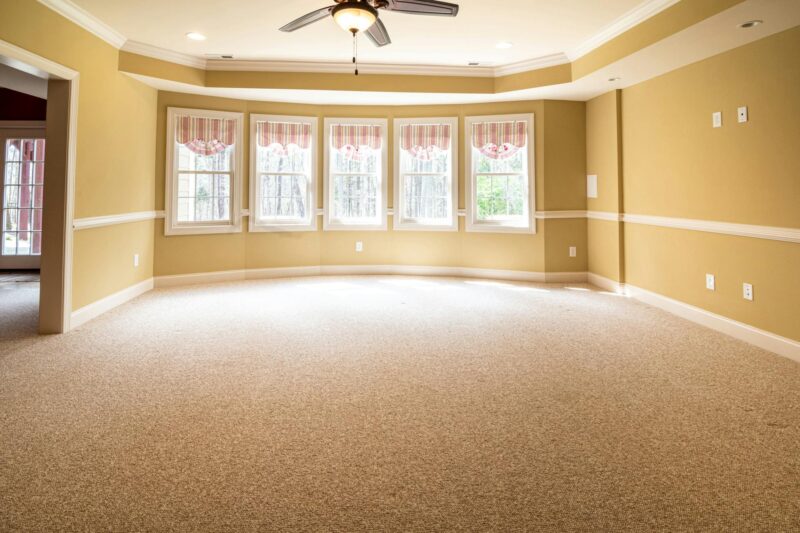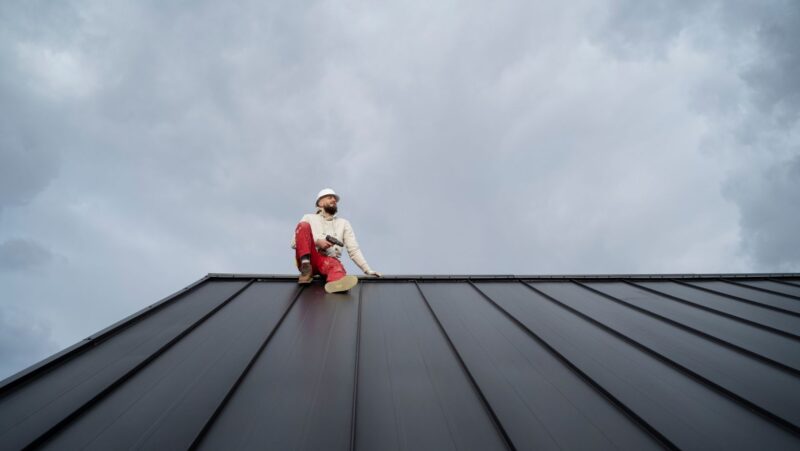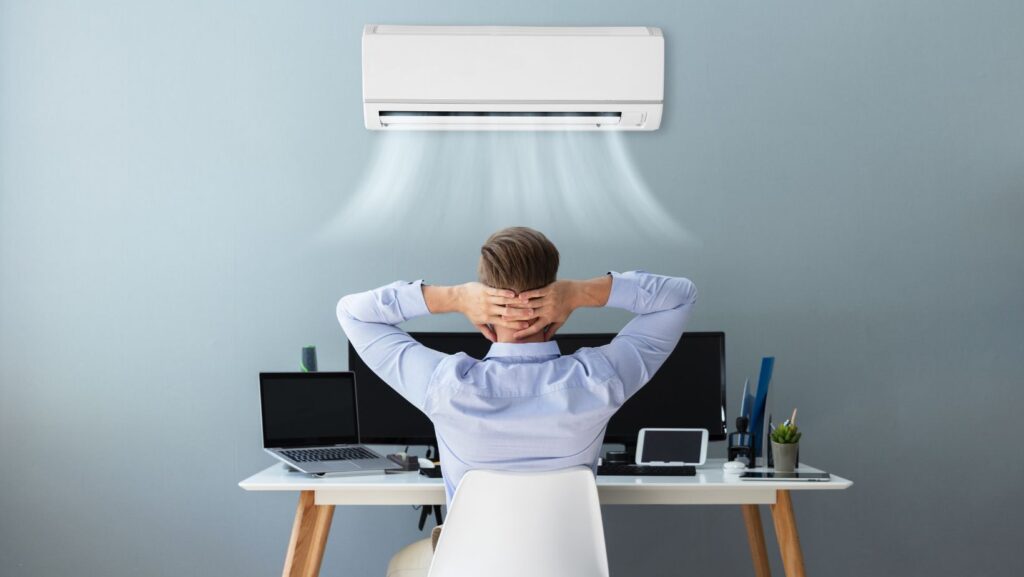
Air conditioning units are essential for keeping homes comfortable year-round. Like other appliances, they will eventually require maintenance or replacement. Homeowners often face the decision of whether to repair or replace their air conditioning systems. This guide will help homeowners determine when repairs are preferable to replacement and vice versa.
Indications That Repairs Are Possible
When your air conditioner stops cooling properly or starts acting up, the first step is often to get it fixed by a professional repair service. Minor issues like clogged filters or a malfunctioning thermostat can be resolved quickly and without breaking the bank. Regular maintenance on your AC unit can significantly enhance its longevity and efficiency. For air conditioners less than a decade old, opting for repairs is usually the best choice when issues arise, especially since newer models come equipped with more advanced technology. If you’re looking for Toronto air conditioner repair, professional services can help diagnose and fix problems efficiently.
Additionally, if the unit has been well-maintained and is in good shape, choosing to repair it could be a cost-effective option for the time being. A strong indication that repairs are the best option is when the problem is specific and doesn’t affect the entire system. In such cases, a skilled technician can typically address the issue without significant costs.
When Replacement Is Required
In some instances, if the repair costs approach or exceed half the price of a new air conditioning system, and if the unit is over 15 years old and lacks the latest efficiency and technology features found in newer models, opting for a replacement might be the wiser and more cost-effective decision in the long run.

Replacement is also advisable if your air conditioner frequently breaks down, which can not only be frustrating but also lead to mounting expenses. In these situations, investing in a new system could provide much-needed relief and ensure smooth operation. Additionally, if your AC uses refrigerants that are becoming obsolete or face regulatory changes, replacement may be necessary.
Factors to Keep in Mind Regarding Energy Efficiency
Newer air conditioning units are generally more energy-efficient than older versions. Continuing to use an outdated system may lead to increased energy expenses, impacting household finances. Upgrading to an energy-efficient model has the potential to lower utility bills and contribute to environmental preservation by reducing energy usage.
When deciding whether to repair or replace your unit, consider its Seasonal Energy Efficiency Ratio (SEER). A higher SEER indicates better energy efficiency. Switching to an updated system might be more advantageous if your current unit has a lower SEER than newer models.
Comparing the Costs of Repairing vs. Replacing
Cost is a significant factor when deciding whether to repair or replace items that need attention. While opting for repairs may seem cost-effective, repeated service visits can accumulate expenses over time. Evaluating these costs can help understand the financial impacts of each option.

When making this decision, consider the repair costs and the potential benefits of investing in a more energy-efficient unit. Look into any incentives or rebates available for upgrading to a new air conditioning system, as these financial perks can help offset some of the costs associated with a new purchase.
The Environmental Impact
Homeowners who want to reduce their carbon footprint are concerned about the environmental impact of air conditioning systems. Upgrading older units that use outdated refrigerants—known to harm the ozone layer and contribute to greenhouse gas emissions—can be beneficial.
Modern air conditioning models often use eco-friendly refrigerants that comply with environmental regulations. These updated systems can help diminish your carbon footprint while improving efficiency and reliability, adding value to your investment.
Summary
When deciding whether to repair or replace your air conditioning system, it is crucial to consider factors such as repair costs, energy efficiency, and environmental impact. While repairing may suffice for minor issues, older units that frequently break down may be better off being replaced. Homeowners should weigh the long-term benefits of each option, considering potential savings and overall efficiency.
Ultimately, seeking advice from a technician can provide tailored recommendations, enabling homeowners to make informed choices and ensuring that their air conditioning units remain practical and comfortable for years to come.

